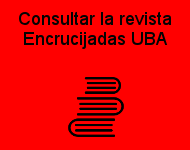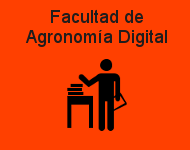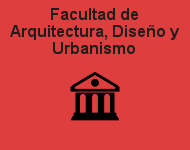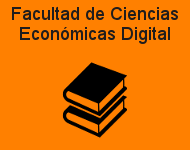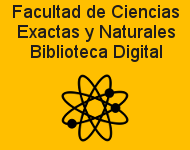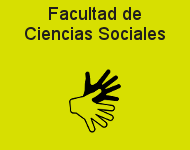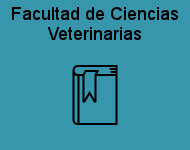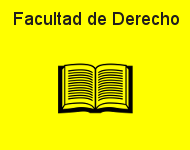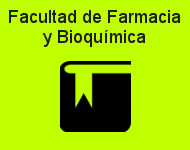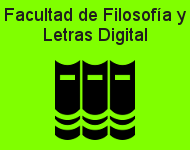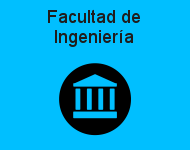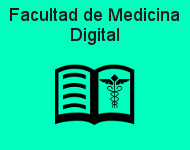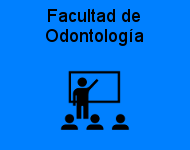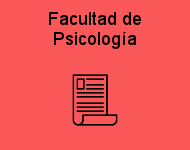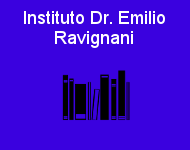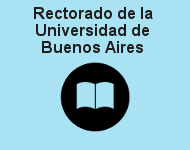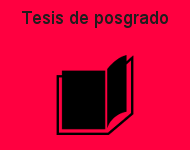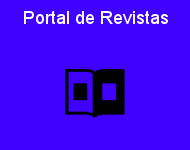Stories about the Emergence of the Affective Turn and New Materialism: Is the Linguistic Turn Exhausted?
Solana, Mariela
En:
Cuadernos de filosofía; Núm. 69 (2017); 87-103
Editor:
Universidad de Buenos Aires. Facultad de Filosofía y Letras. Instituto de Filosofía Dr. Alejandro Korn
Fecha:
2017-04-22
Tipo de documento:
info:eu-repo/semantics/article
info:eu-repo/semantics/publishedVersion
info:eu-repo/semantics/publishedVersion
Formato:
application/pdf
Idioma:
spa
Temas:
new materialism - affective turn - linguistic turn - social construction - feminist theory - nuevo materialismo - giro afectivo - giro lingüístico - construcción social - teoría feminista
Contenido:
The goal of this article is to examine the ways in which the so-called new materialism and affective turn have given an account of their own emergence in a set of foundational stories that portray the linguistic turn and social constructionism as their main antagonists. These narratives claim that those theories that privilege the discursive and cultural analysis –like feminist and queer theory– are problematic because they overestimate the role of language at the same time that they misinterpret the nature of matter. This article examines the textual mechanisms that are used to legitimizes these new intellectual communities by exaggerating the evils of the past. What I will try to show is that, in order to do this, these narratives deploy a set of narrative vices and conceptual problems that this paper seeks to discuss.
El objetivo de este artículo es analizar el modo en que el nuevo materialismo y el giro afectivo dan cuenta de su propio surgimiento en una serie de relatos fundacionales que toman como antagonista principal al giro lingüístico y/o al construccionismo social. En estas narraciones se sostiene que el problema de las teorías que privilegian al análisis discursivo y cultural –entre las que se suele incluir a la teoría feminista y queer– es que sobrestiman la importancia del lenguaje al mismo tiempo que malinterpretan la naturaleza de la materia. Este artículo examina los mecanismos textuales que permiten legitimar estas nuevas comunidades intelectuales a partir del distanciamiento y la exageración de los males del pasado. Lo que se intentará demostrar es que, para lograr su cometido, estos relatos despliegan una serie de vicios narrativos y problemas conceptuales que el presente escrito pretende discutir.
El objetivo de este artículo es analizar el modo en que el nuevo materialismo y el giro afectivo dan cuenta de su propio surgimiento en una serie de relatos fundacionales que toman como antagonista principal al giro lingüístico y/o al construccionismo social. En estas narraciones se sostiene que el problema de las teorías que privilegian al análisis discursivo y cultural –entre las que se suele incluir a la teoría feminista y queer– es que sobrestiman la importancia del lenguaje al mismo tiempo que malinterpretan la naturaleza de la materia. Este artículo examina los mecanismos textuales que permiten legitimar estas nuevas comunidades intelectuales a partir del distanciamiento y la exageración de los males del pasado. Lo que se intentará demostrar es que, para lograr su cometido, estos relatos despliegan una serie de vicios narrativos y problemas conceptuales que el presente escrito pretende discutir.
Identificador(es):
http://revistascientificas.filo.uba.ar/index.php/CdF/article/view/6117
ISSN 0590-1901
ISSN 0590-1901
Derechos:
info:eu-repo/semantics/openAccess
http://creativecommons.org/licenses/by-nc-nd/2.5/ar/
http://creativecommons.org/licenses/by-nc-nd/2.5/ar/
Descargar texto:  6117.oai
6117.oai
 6117.oai
6117.oai Cita bibliográfica:
Solana, Mariela (2017-04-22). Stories about the Emergence of the Affective Turn and New Materialism: Is the Linguistic Turn Exhausted?. (info:eu-repo/semantics/article). En: Cuadernos de filosofía; Núm. 69 (2017); 87-103. Instituto de Filosofía Dr. Alejandro Korn. Facultad de Filosofía y Letras. Universidad de Buenos Aires [consultado: 17/5/2025] Disponible en el Repositorio Digital Institucional de la Universidad de Buenos Aires: <http://revistascientificas.filo.uba.ar/index.php/CdF/article/view/6117>


